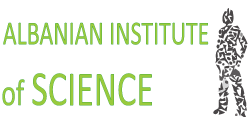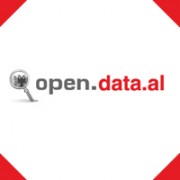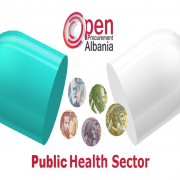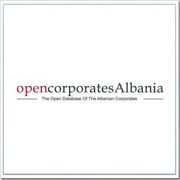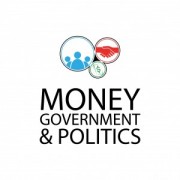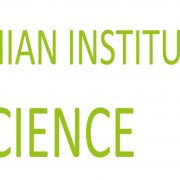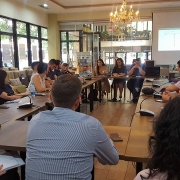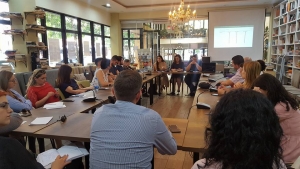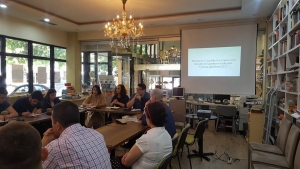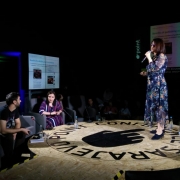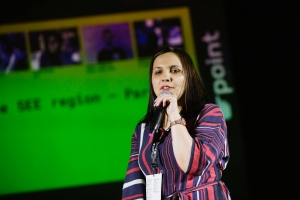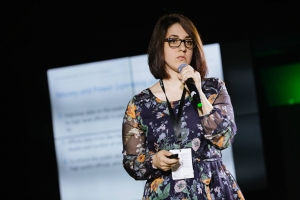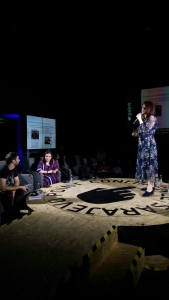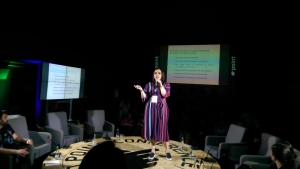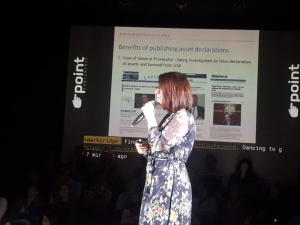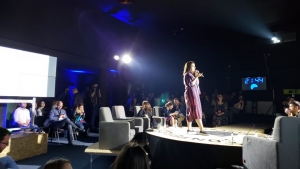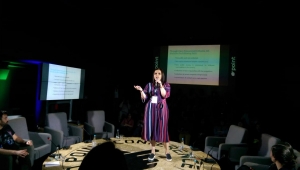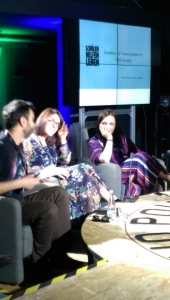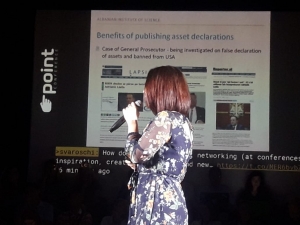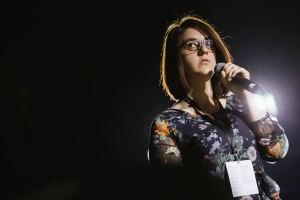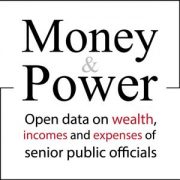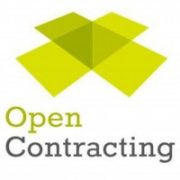AIS increases transparency over municipalities on the eve of local government elections, monitoring 4 years of performance
The organization AIS is a promoter of transparency and open data. Databases created and maintained by AIS enable monitoring of public expenditures, public procurement, management of the public assets and distribution of budgets by local government units. July 2018 marks exactly three years from the emersion of the new municipalities resulted from the latest administrative-territorial division. the latest administrative-territorial division. This year could be well considered the electoral year, carrying the 2019 local elections. AIS invites citizens, activists, and journalists to monitor the work and integrity of municipality leaders by using also transparent databases available in the open format opendata, which are easy to find, use, and reuse.
